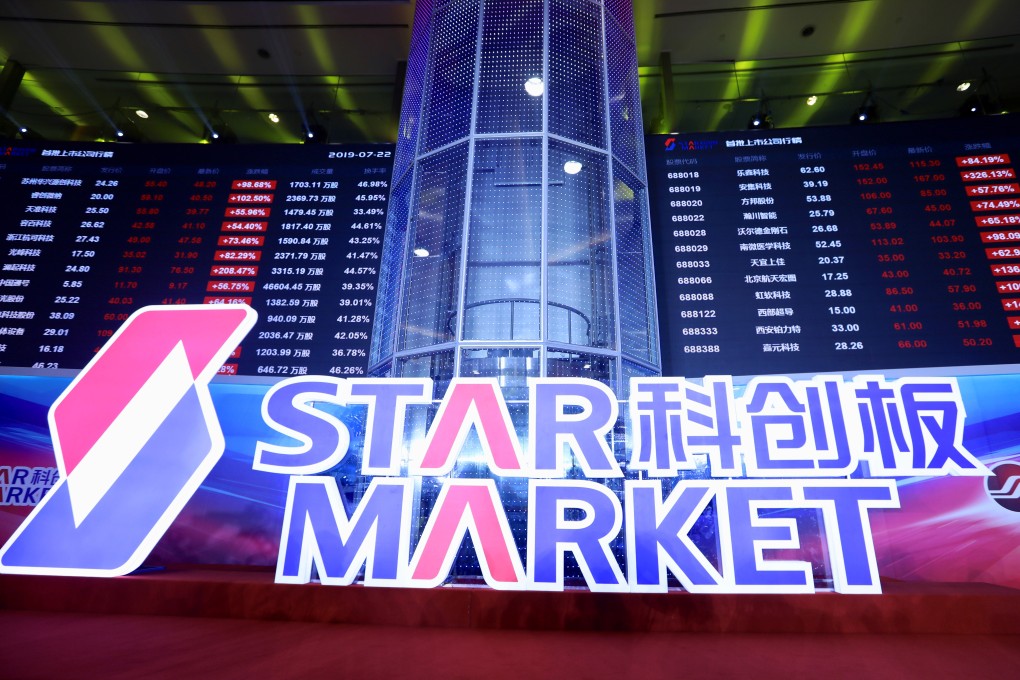Small investors likely to steer clear of Star Market ETFs as bubble concerns grip China’s Nasdaq
- Individual investors ignore the upcoming sales of exchange-traded funds linked to the Star Market 50 index
- The run-up on the Star Market is starting to falter as stocks are richly valued and pre-IPO shareholders sell stakes after the expiry of lock-up periods

Frank Chen is reluctant to invest in Ant Group and China’s other mega technology stocks, even though the accountant now has an option to bypass the asset threshold that keeps most individual investors like him away from these red-hot companies.
“The valuation is too stretched and that’s probably why some mega listings keep falling after the start of trading,” said the 42-year-old Shanghai native. “That’s quite worrisome to me. There seems to be lots of speculative funds playing in this market.”
China Asset Management, E Fund Management, ICBC Credit Suisse Asset Management and Huatai-PineBridge Investments will accept subscriptions to the EFTs linked to the Science and Technology Innovation Board 50 Index on Tuesday. The cap for each fund is 5 billion yuan and the subscription will last for only one day.